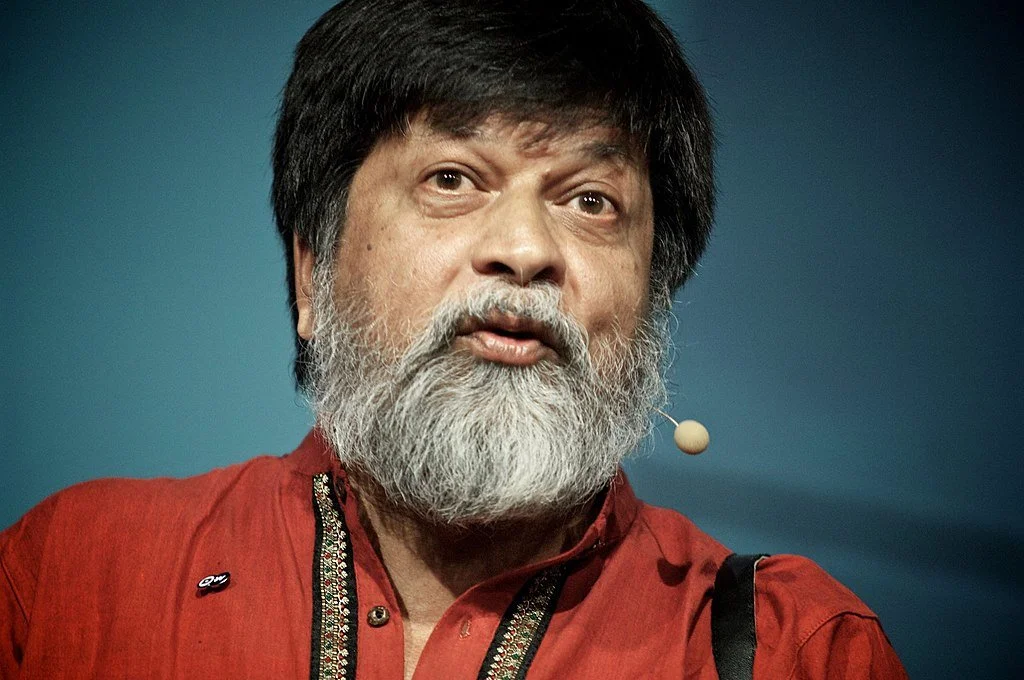Bangladesh: In advance of bail hearing, PEN reiterates its call for Shahidul Alam’s immediate and unconditional release
Photo: CC by 2.0
Update - 11 September 2018
Shahidul Alam's bail application was denied on 11 September 2018
10 September 2018 – PEN International and PEN Bangladesh are deeply concerned that Shahidul Alam, the renowned Bangladeshi photographer and writer, remains under detention in Dhaka one month after his arrest on 5 August 2018. While it is noted that the conditions in which he is held may improve following a court order on 5 September 2018, which changes his classification as an under-trial prisoner, entitling him to a bed with mattress, a table and a chair, the organisation maintains that he should never have been detained in the first place. PEN International and PEN Bangladesh reiterate their call for his immediate and unconditional release. Bangladesh must live up to its international and constitutional human rights obligations, as UN Special Rapporteurs have stressed.
“It is time for Bangladesh to stop this ordeal,” said Salil Tripathi, chair of PEN International’s Writers in Prison Committee. “The Bangladeshi government is digging deep and casting a wide net in the hope of finding reasons to charge Shahidul Alam because it has no plausible reason to arrest him. Alam’s criticism of the government’s conduct is entirely in line with his constitutional right to free expression. He has expressed his views peacefully and not said anything that might provoke violence. There has been violence on the streets against journalists and students and the Bangladeshi government is required to investigate who is responsible for that violence. There is considerable photographic and video evidence of that, including attacks on journalists. Bangladesh should withdraw all false cases and ensure safety for Alam, his family, and his colleagues.”
Notable photographer, writer and activist, Shahidul Alam was arrested at his home in Dhanmondi, in Dhaka, by men in plainclothes on the night of 5 August 2018 shortly after giving an interview with Al Jazeera about road safety protests taking place in Dhaka. He stands accused of “making provocative comments” and “giving false information” to the media, under Section 57 of Bangladesh’s draconian Information and Communication Technology Act 2006 (ICT Act) (amended in 2013 to remove certain safeguards), which carries up to 14 years in prison. Alam was remanded in custody by the Detective Branch of the police pending the completion of the police’s investigation; his detention was extended until a bail hearing scheduled for 11 September 2018.
Successive legal petitions to advance the bail hearing have been denied. In a puzzling development, on 4 September 2018 a court in Dhaka declined to hear Alam’s bail petition as a presiding judge said he was ‘embarrassed’ without revealing the cause of the “embarrassment”. The decision further postpones Alam’s bail application, thus effectively extending his detention.
The Government has reportedly claimed that Alam has not been tortured, but has failed to date to conduct any independent investigation into his statement regarding torture. According to his legal team, medical examinations held have not followed any of the known protocols for victims of torture.
PEN International and PEN Bangladesh are deeply concerned about reports of unsubstantiated allegations being made against Alam in the media and on social media, which appear intended at falsifying his record as a human rights defender. Alam is an award-winning photographer and writer who has campaigned for justice for all, including victims of war crimes, and Bangladesh’s besieged bloggers, and has brought together the first archive of photographs of the 1971 war of independence. In a country where the state has repeatedly failed to protect thinkers, writers and bloggers targeted and violently attacked by groups ill-informed and ignorant about their work, PEN International and PEN Bangladesh fear that the repetition and spread of unfounded allegations put Alam at risk of violent reprisals.

